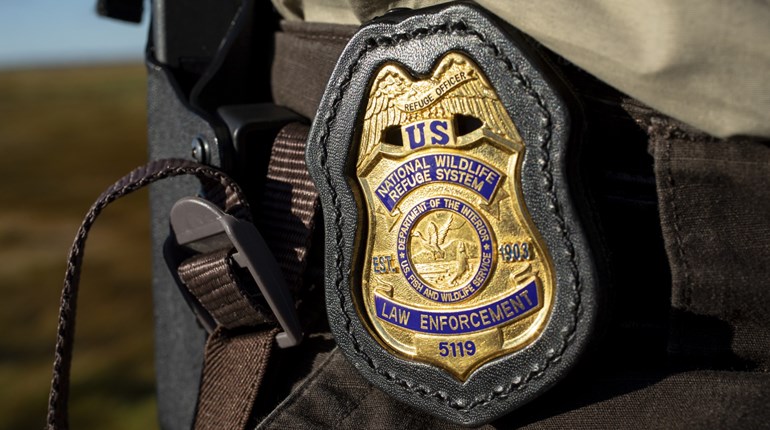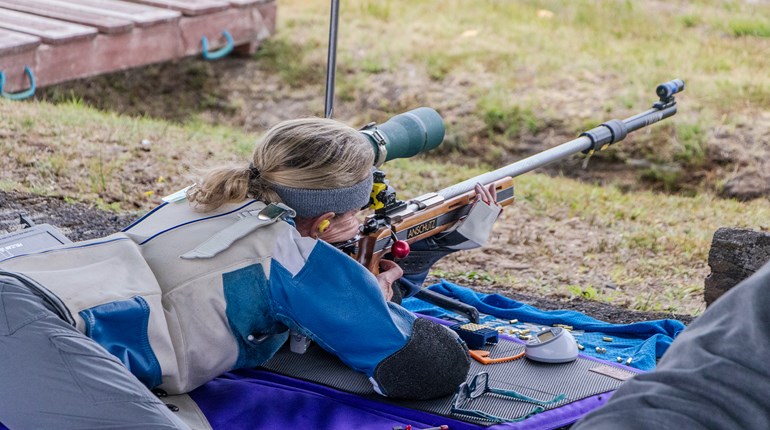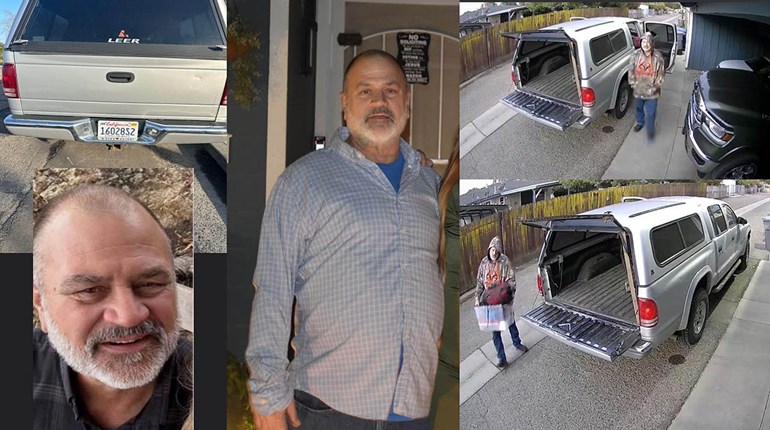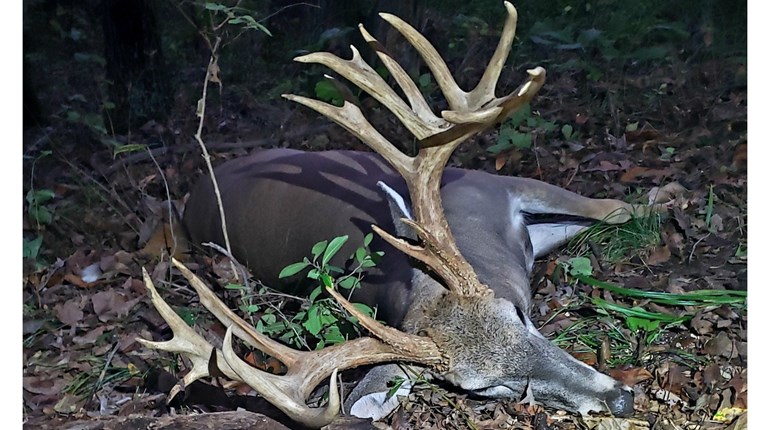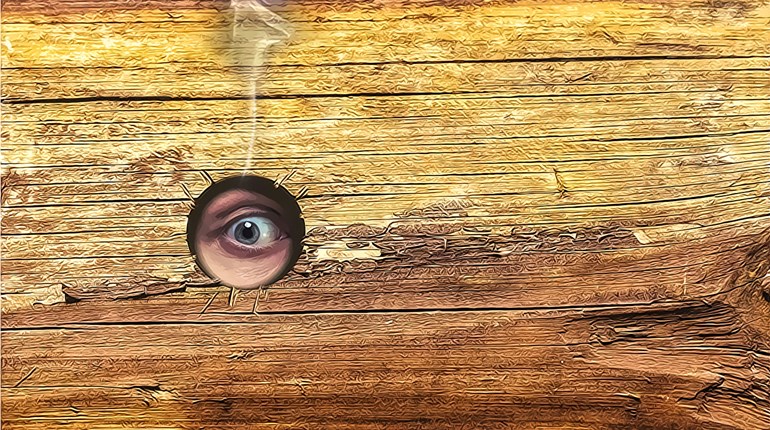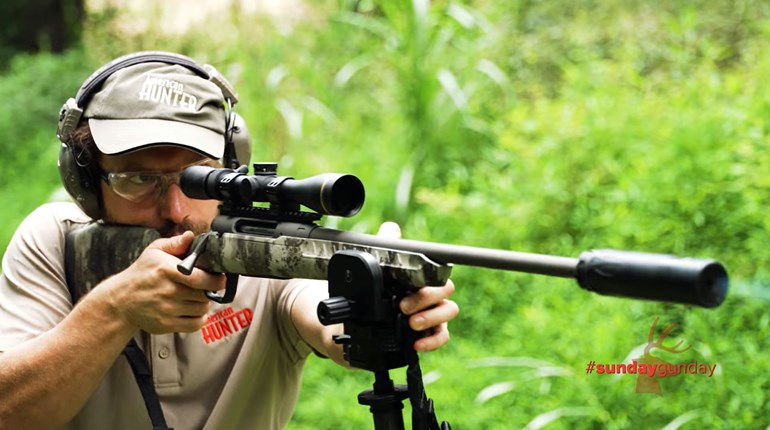
Poaching, simply defined, is taking game animals through illegal means. This could mean hunting out of season, on posted land, with a tool that isn't legal during a specific time frame, after dark, in excess of bag and tag limits ... the list goes on. It's a crime, and it can have serious consequences. Poaching takes opportunities away from legal, ethical hunters and throws a monkey-wrench into wildlife management plans. While wildlife violations can happen any time of the year, there is typically an uptick during the fall hunting seasons. If you’d like to help, here’s what you should do:
Be a good witness.
If you see someone who is potentially breaking your state’s wildlife laws, the best thing you can do is be a good witness. Get as much information as you can from afar. Jot down notes if you can. The best information would be a license plate number, but if that's not possible, try to get a GPS coordinate and physical description of what you saw.
Don’t confront the person.
Don’t confront someone who might be committing a violation. There are a few reasons for that. First, any contact you make with the suspected poacher will become part of any subsequent law enforcement investigation. Second, it can be dangerous to you. Poachers have already proven that they don't care about the law, and you can safely assume that they're armed. Don't put yourself in harm's way.
Report the information to your state's wildlife conservation department.
If you don't have cell service where you are, it's okay to wait to report the incident until you can get a few bars on your phone! Here's how to report suspected poaching. First, check your hunting license. All state fish and wildlife departments have a way to report poaching. What you're looking for is called a TIP line--which stands in for Turn In a Poacher. It's usually a phone number, but it can also include a website where you can make reports. If there's no phone number, you can simply run the name of the hunting license issuing agency through a search engine to find it.
Another option for reporting wildlife violations is to call the nearest local police dispatch, and they will pass the information along to the nearest conservation officer. Local police dispatch numbers can be found online. However, you shouldn’t call the police unless you are absolutely sure you have witnessed a poaching violation, you can’t find the TiP number, and you feel the incident must be reported immediately.
Reap a reward
Many state fish and game agencies offer cash rewards to those who report poaching if the tip leads to an arrest. But even if your municipality doesn't do that, you'll have the reward of knowing that you've helped even the playing field for ethical hunting, ethical hunters and wildlife.













